By Our Reporter
SHILLONG, AUG 11: The Congress-led state government today approved the draft ‘Meghalaya Resident, Safety and Security Rules, 2017’ for checking influx into the state even as chief minister Mukul Sangma claimed it will be replicated by other North East states.
The draft Rules will be notified on August 14, ahead of the Independence Day celebration, for the implementation of the Meghalaya Resident, Safety and Security Act, 2016 passed by the Assembly last year, as part of the proposed anti-influx comprehensive mechanisms.
“We have approved the draft Rules, which is a culmination of our exercise to implement the Act passed last year, for ensuring a safe and secured environment in the state as promised by us,” Sangma told reporters after a cabinet meeting held here on Friday.
He also expressed confidence that the implementation of the mandate of the Act will enable the state to definitely address the concerns and challenges which are related to influx and illegal immigration.
“Therefore (with the Rules in place), there would be much better momentum of growth and development because safe and secure environment is prerequisite for prosperity of the people,” Sangma said while dedicating it to the people and the state.
The chief minister further stated that the Act passed by the Meghalaya government will also be examined by other states of the North East region.
“We collectively feel that this Act as we implement will definitely be also examined by other states whether it is capable of addressing various concerns particularly the interest of our people regarding the issue illegal immigration and influx,” he said.
“I am sure we can look at sharing our experiences and see similar kind of format can also be utilized by all concerned,” he added.
Foreseeing challenges at the initial stage of implementation, Sangma said, “But we will see how certain challenges that we may be confronted by in course of implementation of this Act and look at those hurdles and further address them for its effective implementation.”
He however said that further necessary fine tuning of the Rules may ultimately be required in the days to come as the government proceed with the implementation.
It may be mentioned that an anti-influx group under the banner of the Hynniewtrep Youth Council (HYC) have expressed strong opposition against the implementation of the Act alleging that it has ‘zero say’ on immigrants and ‘zero protection’ for indigenous people.
Reacting to this on being asked, Sangma said, “What is the objective is more important than what we say” and claimed the Act has been formatted in the right format which is “capable of addressing all concerns”.
“I am telling you with utmost confidence that once this Act is enforced, the state will be able to address the concern of illegal immigration and influx in a much more effective way than any other countries which have different models of law to deal with illegal immigration,” he said.
He argued that even the most developed nations who have come with more stringent laws and various regulations to deter illegal immigration are still grappling around on how to find an answer to deal with the challenge of illegal immigration.
“In spite of having stringent system to allow non-citizens through stringent rules like the VISA you still find the whole debate of illegal immigration. Therefore they are still looking at beyond the stringent rules which are already in place in regulating entry of people,” he said.
Stating that the Act has captured all these aspects by also taking advantage of existing laws and involvement of stakeholders including traditional institutions, Sangma said, “People are now mandated and empowered through this Act.”
On the allegation that the Act would harass the indigenous people of the state, he however said that all the pros and cons have been looked at while keeping in mind all those likely fallout.
“Therefore as we proceed ahead with the enforcement of the mandate of this Act, then we will further enrich ourselves with the experiences as to what more is required to be done. If needed, there will be further improvement and amendment,” he said.
On the role of the traditional heads, the chief minister said that the principal Act itself had indicated and clearly defines the whole involvement of the local authorities.
“The whole role of local authorities has been completely reflected in complete clarity and there is no ambiguity in that,” he said.
The chief minister further pointed out that many localities already have a system in place and the coming up with the Act is more or less looking at the best practice already in place in different localities.
“Based on those evaluation and analysis on how they have done it and where we have found local authorities or traditional institutions have put in place measures which are effective we have ducktail according. It is further strengthening of the practices with fine tuning and also with mandate of law,” he added.














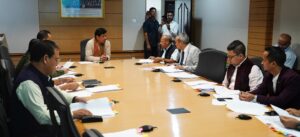
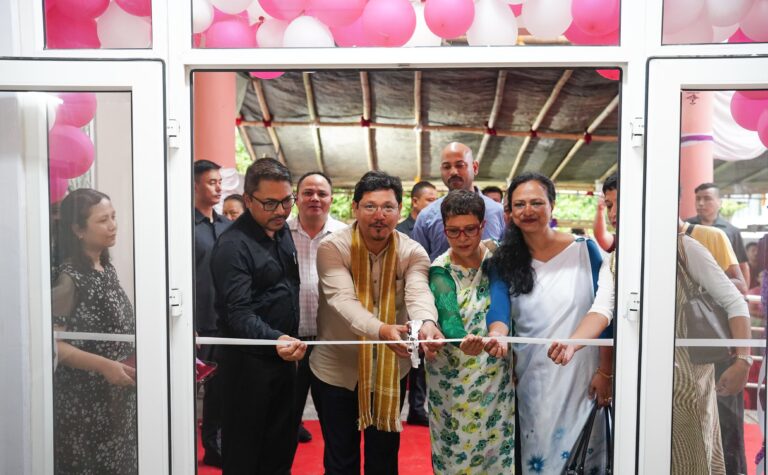
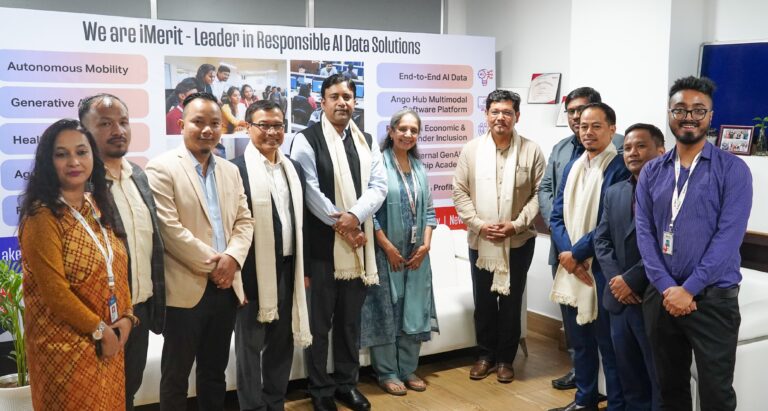
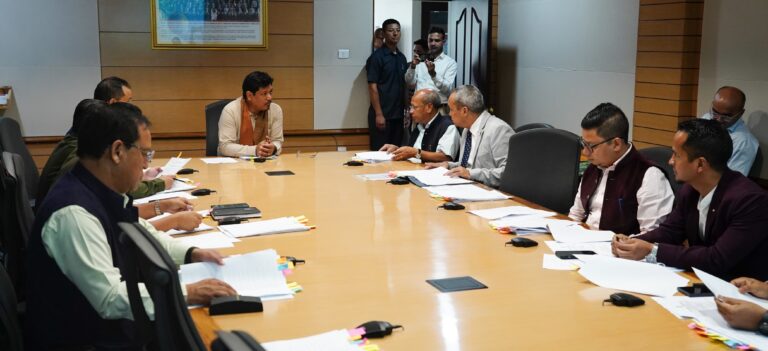

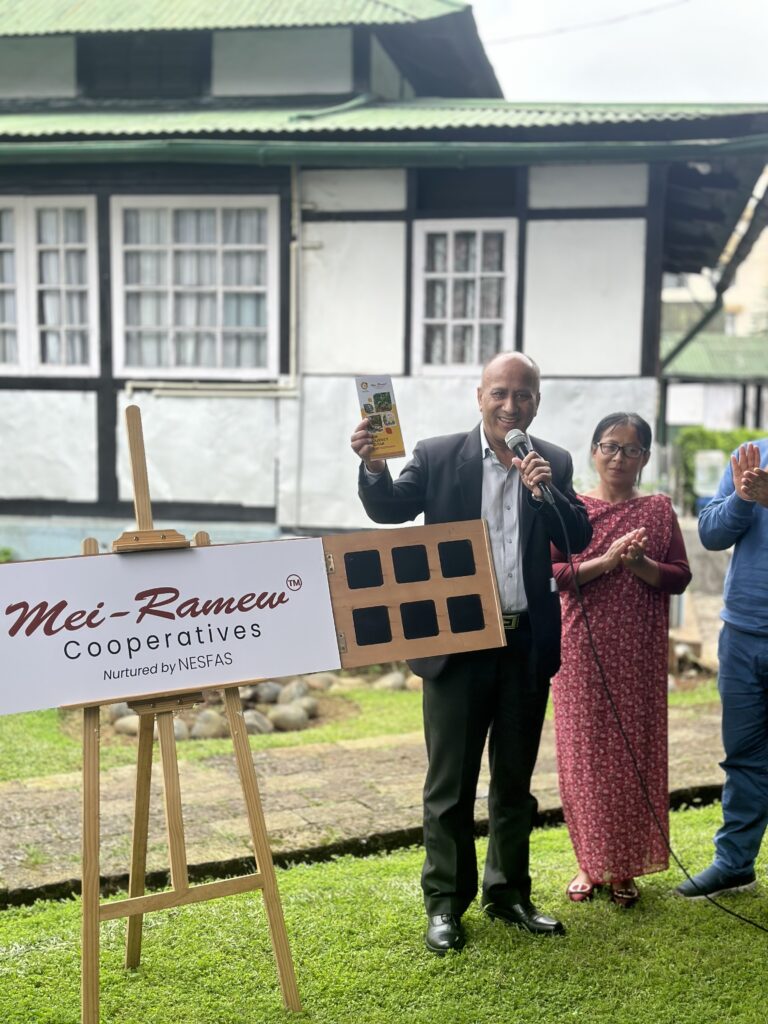
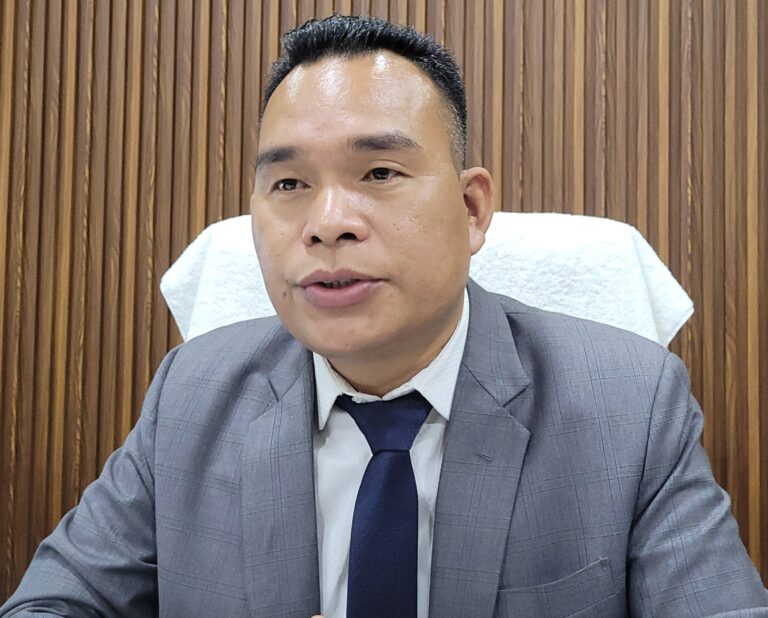
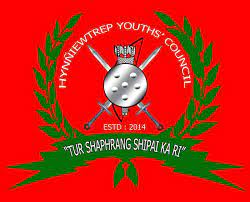


+ There are no comments
Add yours